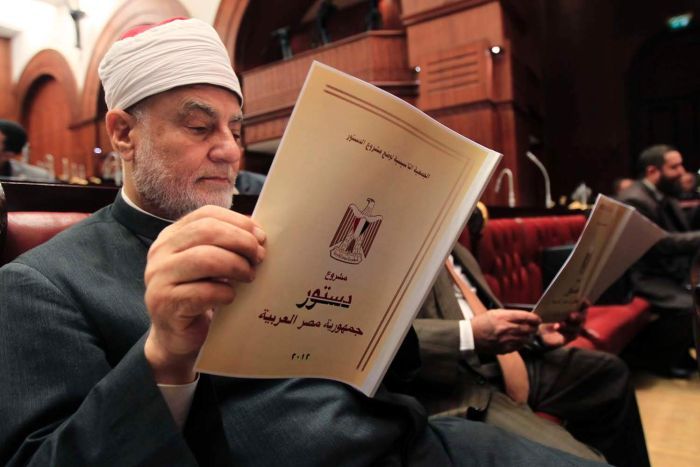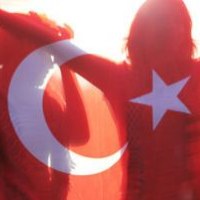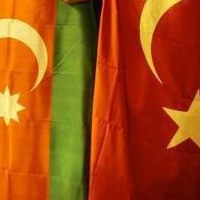![]()
RubinReports | By Barry Rubin

If the draft constitution is approved in Saturday’s referendum, the new text will overwrite all constitutional declarations, including Mohammed Morsi’s decree issued on the 22 November, and a new parliament should be elected within 60 days.
I must quote extensively from a MEMRI analysis of the Egyptian referendum on the new constitution because it shows so vividly how politics work in the Arabic-speaking world today, especially when voting is involved.
First, the analysis presents the pro-constitution camp that is the Islamists. They coordinate their efforts and launched:
“A massive joint campaign aimed at persuading the public to endorse the constitution. This campaign includes holding conferences and symposia across Egypt; training thousands of Muslim Brotherhood activists to promote the constitution, some of whom are even going door to door, according to reports; and also recruiting mosque preachers and satellite channels in the efforts to persuade the public. Especially prominent in this campaign are the attempts to appeal to the average citizen and to impress upon him the economic and social advantages of supporting the constitution.”
Now, what about the opposition to the Islamists, those who might be called moderates?
“In contrast to the unified pro-constitution camp, the opposition organizations that oppose the constitution, headed by the National Salvation Front, have been inconsistent and uncertain, especially in deciding whether to boycott the referendum altogether or to merely urge the citizens to vote against the constitution. Only on December 12, three days before the start of the referendum, did the National Salvation Front officially declare that it would participate in the referendum (on certain conditions) and vote `no.’ The oppositionists’ efforts to persuade the public mainly took the form of online campaigns on social networks, as well as flyers and pamphlets distributed in the streets.”
In other words, it is no contest. One might add that in Tunisia, Syria, and other countries (including non-Arab Turkey) as well as Egypt most of the time, moderates are not united or disciplined. They are also more poorly funded and more naïve about how to operate politically than the Islamists. The Islamists, or at least some of them (and that’s all that’s necessary) are prepared to use intimidation and violence; the moderates not.
And that’s all in addition to having the advantage of appealing to a very powerful, deep-seated religious belief held by the majority. Even though there are unIslamist and even anti-Islamist interpretations of Islam they are not clearly and systematically articulated to counter the Islamist version.
Don’t get me wrong. The anti-Islamists have lots of courage. They are also highly motivated. They feel they are losing their country and know that if they stand up and oppose Islamist regimes they face potential persecution, even death, threats to their family and to the loss of their property.
The problem is that they have no backing from their counterparts in the West, either governments or all but a few non-government organizations. Students don’t demonstrate on their behalf. They don’t own much of the local mass media and are divided by ideological views. Some are not really moderate politically but are Marxists or radical Arab nationalists. And in many cases they lack practical political experience. In short, they have a tremendously uphill battle, as I documented in my book, The Long War for Freedom: The Arab Struggle for Democracy in the Middle East.
Consequently, the extremists almost inevitably win. But, you might ask, perhaps the West will help the moderates to redress some of this imbalance? Absolutely not. The moderates don’t have a fair shot or a fair chance, to use phrases popular with America’s president.



 RSS
RSS










Latest Comments
Hello Mike, Thank you for your positive feedback to the article. I felt there wasn’t too much critical analysis of ...
Thanks for this considered and well constructed article. A follow up article on the manner in which the editorial contro...
THE CLUELESSNESS OF CLAIMING THAT OBAMA'S MIDDLE EAST POLICIES WERE A FAILURE CANNOT BE FURTHER FROM THE TRUTH, WHAT THE...
As long as Obama is the president of the usa do not trust the us government......
Thank you for an good read....